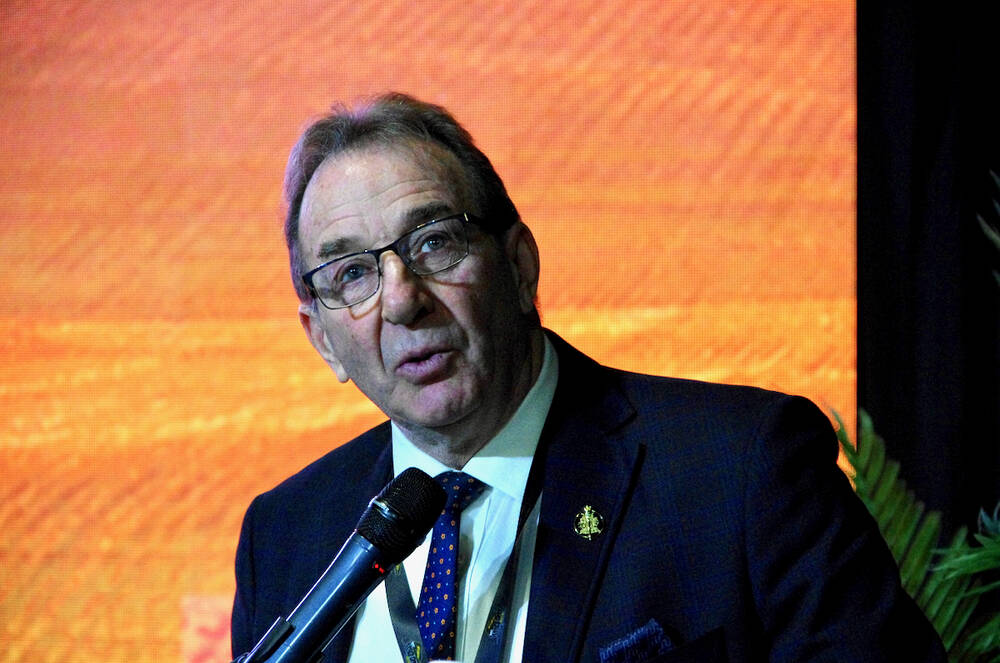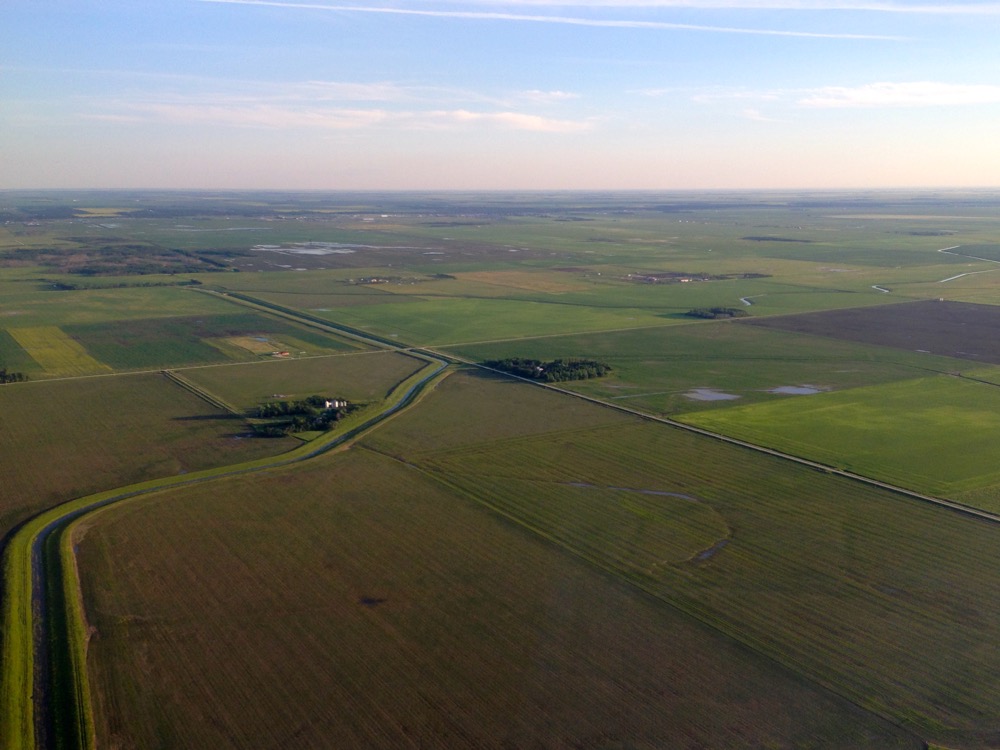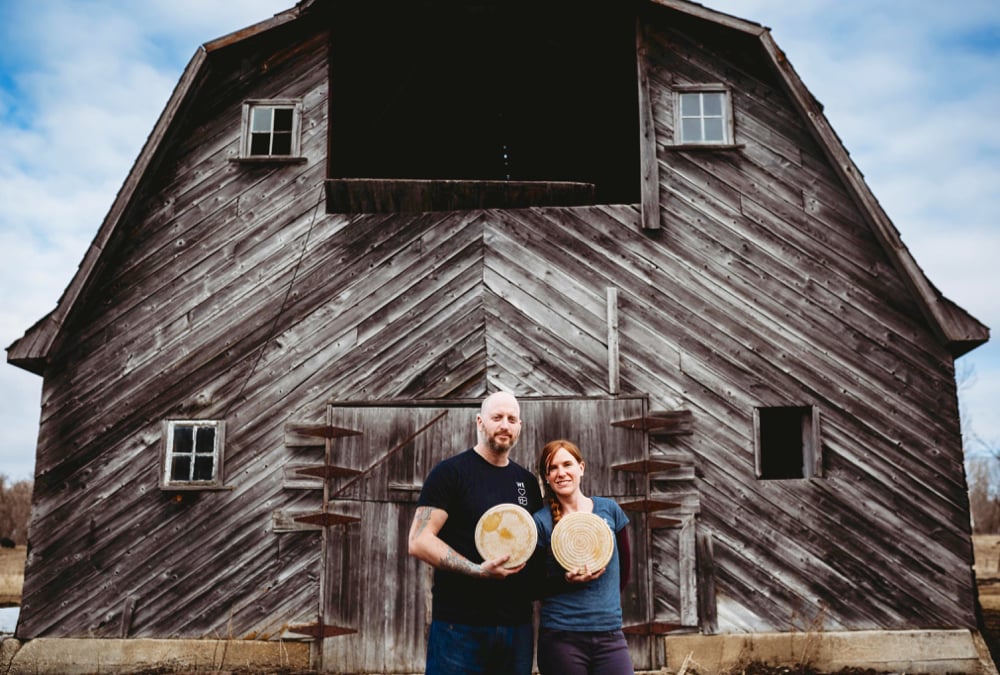The Manitoba government and Association of Manitoba Municipalities are aware of a shocking rise in property taxes facing some Manitoba farmers.
Both are exploring what can be done, but officials didn’t provide any potential solutions when interviewed last week.
“Yeah, it is causing concern without a doubt,” Eileen Clarke, minister of indigenous and municipal relations, said in an interview Sept. 27 in response to a Manitoba Co-operator story last week.
“I think we recognize that it is a challenge across the province when (land) values change and when they change dramatically,” Association of Manitoba Municipalities (AMM) president and Steinbach mayor, Chris Goertzen said Sept. 29. “The system is not really a perfect system and especially when you have education tax on property.”
Read Also

AgriStability enrolment deadline extended
The deadline for Manitoba farmers to enroll in the AgriStability business risk management program has been extended by three months agriculture minister Ron Kostyshyn announced on Friday.
Farmers in the Municipality of Ste. Rose face a 40 per cent hike in taxes, Ste. Rose mayor and farmer, Rob Brunel said.
Keystone Agricultural Producers (KAP) president Dan Mazier said he’s heard unconfirmed reports of some farmers’ bills jumping 90 per cent.
KAP vice-president Glenn Young said there are anecdotal reports of farmers paying $40 an acre in property taxes.
Meanwhile, home and business owners in some municipalities have seen their property taxes decline.
Property taxes are based on the assessed value of property and Farm Credit Canada says, on average, land values in this province have doubled in four years.
“We certainly understand that and we are very concerned about farming issues overall,” Clarke said. “We are going to work with our farmers and our rural ag people to ensure that concerns are met.
“We plan on having meetings to discuss this within our department. It is definitely of interest to our Ag Department as well so we will be talking about it and see where we go from here.”
The new Progressive Conservative government was elected with a mandate to cut taxes, Clarke added.
Although Clarke is a new MLA and minister, she understands the complexities of property taxation having been mayor of Gladstone for eight years and also vice-president of the Association of Manitoba Municipalities.
“These issues did arise (when I was on AMM),” Clarke said. “I understand that these issues were even brought forward at June district (AMM) meetings this year — defeated within one municipality and passed in another — with regards to reviewing it. So there are differing opinions, even within the province.”
Because the new government has many rural MLAs, including farmers, there’s an expectation farmers’ concerns will be addressed. Conversely, taxation is complex and the government is grappling with a $846-million deficit.
AMM is pleased the government is looking into the tax burden shift to farmland and wants to work with the government, the Keystone Agricultural Producers (KAP) and the Manitoba School Boards Association to find solutions, especially on education funding, which is part of the property tax bill, along with municipal taxes, Goertzen said.
Traditionally when property values jumped municipalities and school boards would reduce their mill rates — a formula used to fairly spread the tax bill among ratepayers. But that won’t work where the assessed value of farmland has skyrocketed.
The simplest fix, which wouldn’t cost the Manitoba government any money, is to adjust portion percentages, Brunel said.
The government assigns a percentage to each class of land that the assessed value is multiplied by to determine the dollar value to be taxed. The portion for farmland is 26 per cent versus 48 per cent for residences. Reducing the percentage assigned to farmland or raising it for other property would spread the tax burden rather than shifting it to farmland, agrees former Rural Municipality of Dufferin reeve and farmer, Shawn McCutcheon.
Clarke wouldn’t say whether the government will follow that advice, which disappoints McCutcheon. He argues the recent tax shift is unfair. Yes, it’s the result of higher farmland values, but in some cases other property owners aren’t paying their fair share, he said. Other property owners should at least pay as much as they did in previous years, he said.
The problem with adjusting portion percentages in every municipality is unique, KAP’s general manager James Battershill said. In some municipalities the tax burden has not shifted dramatically so a change in portioning would create a new distortion.
“We don’t have a specific policy on what portions should or shouldn’t be,” the AMM’s Goertzen said.
KAP president Dan Mazier says he still can’t believe some of the tax increases farmers face.
“There is a fundamental flaw,” he said.
“I don’t know what other business in the world that could withstand these 50 and 90 per cent raises in taxes.
“Could you imagine if this had happened to houses? This wouldn’t happen that way.
“What it does is basically destabilize our agriculture industry because land is the foundation of the whole industry.”




















